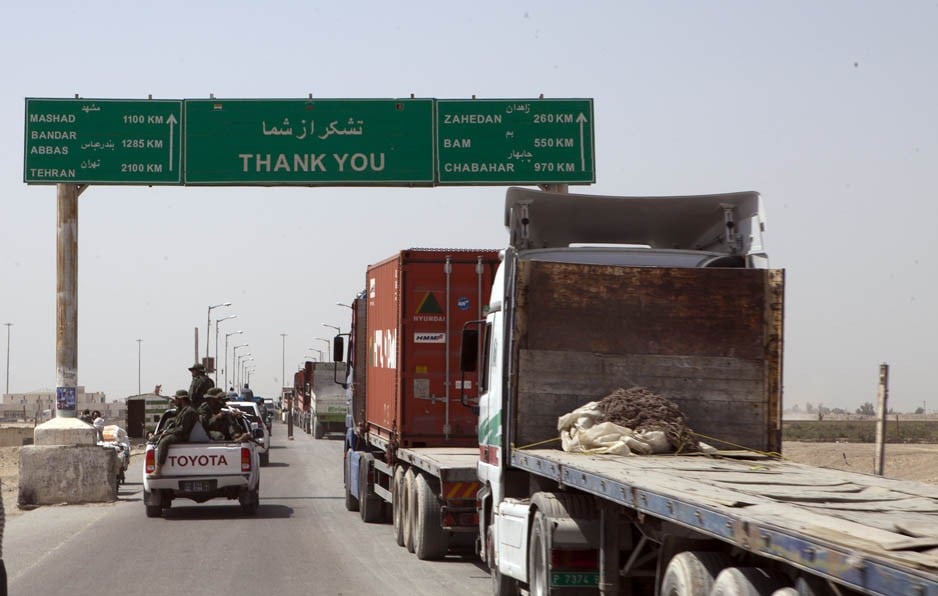
Since trade and smuggling with Iran is a source of employment, apart from drug smuggling, our government can do its best to legalise it

There are several border crossings on Pakistan-Iran border. Almost every opening has a small bazaar where local people are facilitated by tax-free flow of goods of daily use from across the Iranian side of the border. Similarly, tax free goods -- both edibles and non-edible items of Pakistani origin -- end up across the Iranian side of the border. What are smuggled goods and what is not is a contesting topic in Balochistan between government and traders.
Some of the border areas where Iranian goods find their way into Balochistan are Taftan, Mashkhail and Katagar; Bhulo, Mand, Turbat, Gewani and Gawadar. What constitutes smuggling and what does not depends upon who are you talking to. A source in the government says none of these openings is a smuggling route because they are almost all operated according to border agreements between Pakistan and Iran.
"Pakistani and Iranian security personnel are posted on these crossings, why would they not stop the trade if it was smuggling?" he asks. On the other hand, those who call the business at Pakistan-Iran border as smuggling and illegal trade believe that since the edibles and non-edible items are meant only for the border residents or the district where border town is located, their sale outside the district is illegal.
A case in point is Chaghai district. Custom department and civil administration at Taftan -- Pakistani Balochistan’s border town with Iran -- unanimously say that Iranian goods coming through Taftan are only meant for the Chaghai district as per the provision of agreement between Balochistan government and its counterpart in Seestan.
A government servant, who has been serving in Taftan for the last 20 years, says on the condition of anonymity, "The transport of any Iranian goods beyond Chaghai district is considered as smuggling because the agreement between the two provincial governments only allows these goods up to the Chaghai district."
Nevertheless, this should not suggest that everything of the Iranian origin is a smuggled item. In my visit to Taftan, I observed that there were two openings through which Pakistan-Iran trade takes place. Trade through zero point is tax-free. Three days of a week are reserved for Pakistani goods to be exported to Iran and vice versa with Fridays as off. Trade through the gate is meant to facilitate local population of district Chaghai only. On the other hand, through FIA gate, Pakistan exports and imports only taxed goods.
Similarly, Mashkail tehsil in Washuk district is known for trade in Iranian diesel. A source in the levies says, "The government allows the transit of Iranian diesel and petrol in the border areas because the supply of Pakistani oil in these far-flung areas increases the price of oil, something unbearable for the poor people of the area." Nevertheless, the Iranian diesel, being far cheaper than Pakistani one, is used everywhere in Balochistan right from Taftan to Sherani district, bordering Khyber Pakhtunkhwa.
A trader in Quetta, who is angry with the raids of custom and FC officials on his shop in search of "smuggled goods," says, "if traders are dealing in smuggled goods, then why the government does not stop these goods when they pass through their checkposts right from Taftan to Quetta?"
A government official, working for the home department, seeking anonymity, says that right from Taftan up to the entry into Quetta city, there are 8 FC checkposts, 7 levies checkposts and 11 custom patrols in between the border town and the provincial metropolitan.
Since trade and smuggling with Iran is a source of employment, apart from drug smuggling, our government can do its best to legalise it. This will generate revenues for the government and livelihood for the poor in Balochistan where unemployment is the highest as compared with the rest of provinces in Pakistan.